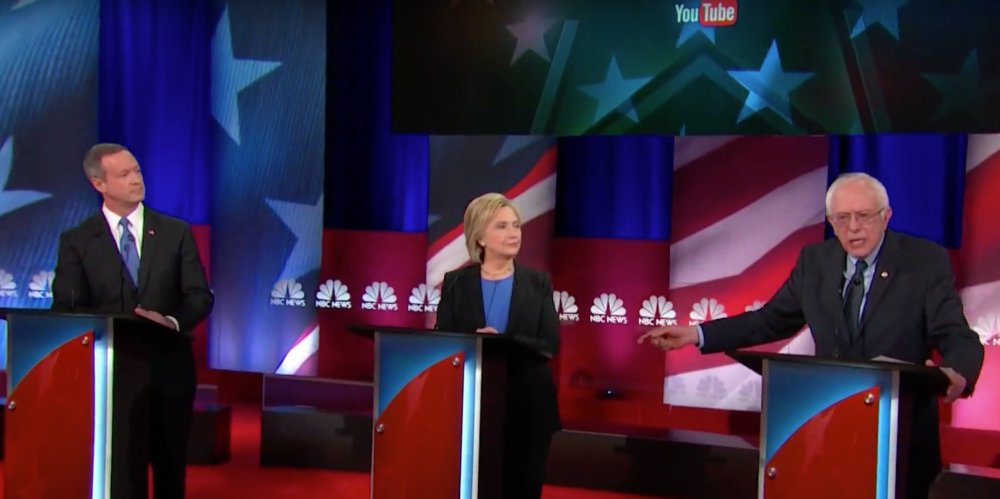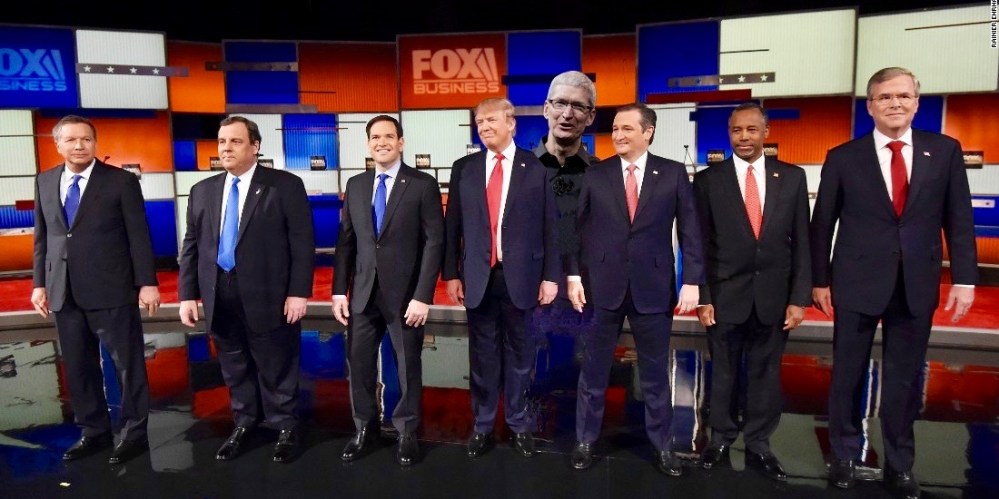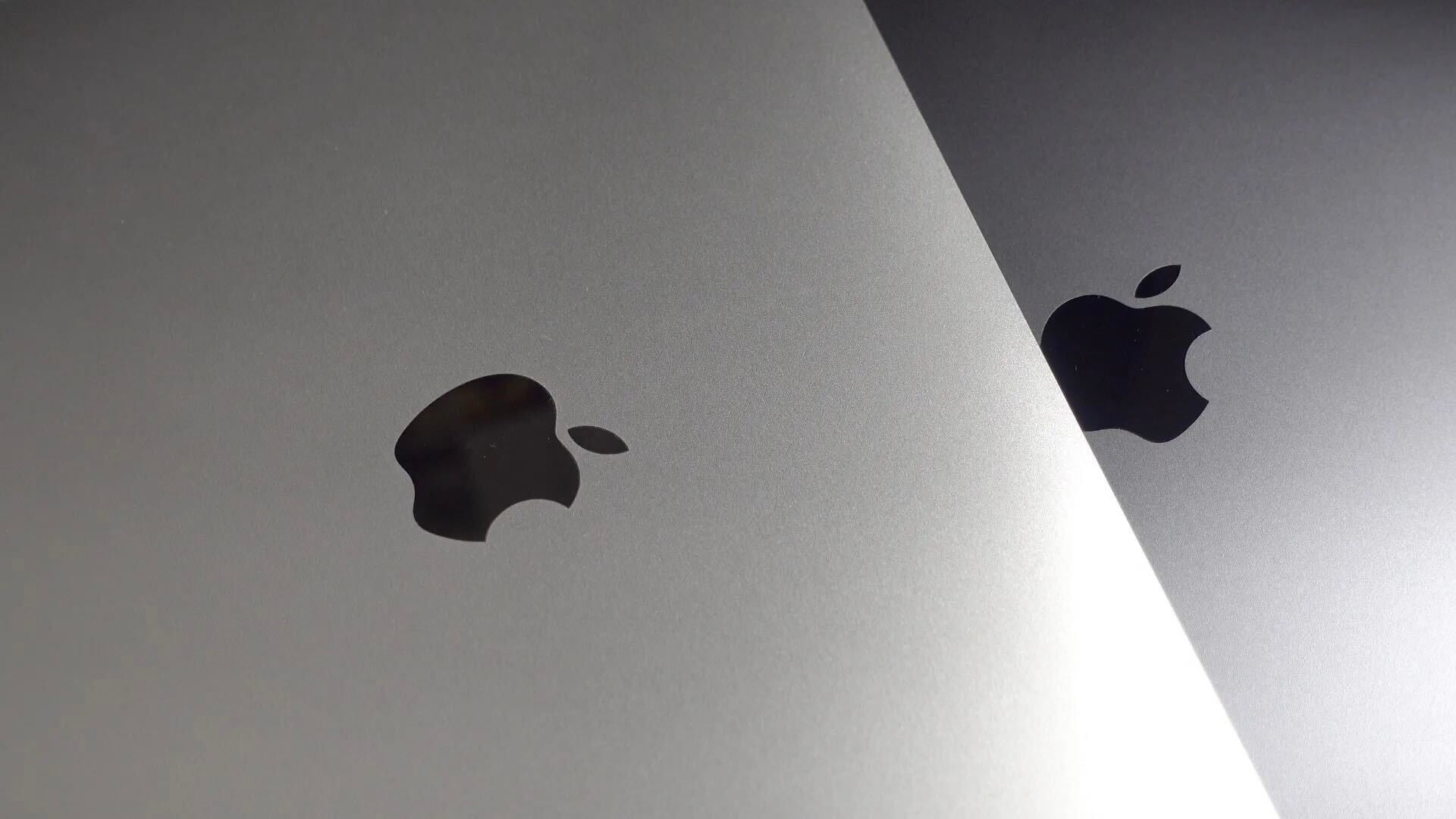
Yesterday we reported on new leaked docs from Edward Snowden reported by The New York Times and others that detailed secret NSA and GCHQ programs used to siphon data from popular smartphone apps on both iOS and Android. While Apple and Google have yet to respond to the reports, today one of the main developers singled out in the claims has. Rovio, maker of the popular Angry Birds game that was mentioned several times in the reports, today posted a response on its website.
The developer confirms that it in no way works with NSA, GCHQ or any other government organization to provide data about users, but it does point to third-party advertising networks as a possibility of the leaks:
The alleged surveillance may be conducted through third party advertising networks used by millions of commercial web sites and mobile applications across all industries. If advertising networks are indeed targeted, it would appear that no internet-enabled device that visits ad-enabled web sites or uses ad-enabled applications is immune to such surveillance. Rovio does not allow any third party network to use or hand over personal end-user data from Rovio’s apps.
Referring to the third-party advertising networks, Rovio CEO Mikael Hed said the company would have to “re-evaluate working with these networks if they are being used for spying purposes.”
Angry Birds wasn’t the only app specifically mentioned in the leaked docs, however. The reports claim the NSA program is capable of intercepting information ranging from location, age, and sex of users to address books, buddy lists, phone logs, geographic data and more from various mobile apps and third-party ad networks. Twitter, Google Maps, Facebook and others were also specifically mentioned in yesterday’s reports.




